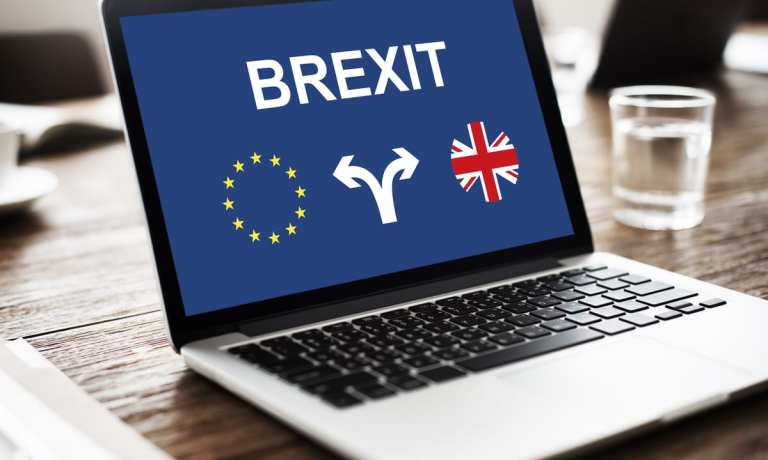UK Unveils Fund To Help SMEs Navigate Brexit

The U.K. government has created a fund of 20 million pounds to help small to medium-sized enterprise (SME) businesses navigate Brexit’s new trading rules.
The SME Brexit Support Fund aims to assist smaller businesses as they adjust to changes in customs, rules of origin, and VAT regulations for trade with the EU.
The fund, announced by Chancellor of the Duchy of Lancaster Michael Gove on Thursday (Feb. 11), will also help businesses prepare for the implementation of new import controls that are set to go into effect starting in April. Gove also serves as chairman of the Brexit Business Taskforce.
“The Government has listened carefully to the issues raised by the business community through the Brexit Business Taskforce and that’s why we are bringing forward this financial support to help small businesses adapt to the changes to our trading relationship with the EU,” said Gove, in a statement.
“Together we will seize new opportunities available to a fully independent global trading United Kingdom,” Gove added.
Businesses that trade only with the EU will be able to apply for grants of up to 2,000 pounds for each trader to help pay for practical support such as training and advice on how to navigate post-Brexit trading with the EU. Changes to the U.K.’s import controls are slated to be implemented in three stages from April to July 2021.
Announcement of the new fund was greeted warmly by U.K. business groups.
“This is a welcome first step in dealing with some of the major issues that small businesses trading with the EU are facing. With their finances already under a significant squeeze firms, particularly those which export, are inevitably encountering difficulties in adapting to the complexities of the new arrangements,” said Suren Thiru, head of economics at the British Chamber of Commerce.
“It is now crucial that the grants provide sufficient funds to make a real difference and the government should stand ready to increase their size if needed. We will continue working closely with government to make sure this scheme is delivered as quickly and smoothly as possible for firms still adapting to the new EU trading arrangements and the impact of the pandemic,” Thiru added.
The U.K.’s Institute of Directors concurred.
“Smaller firms simply cannot manage many of the processes themselves and require experts across a range of areas to assist with trade continuity, and we commend this government for responding to our call,” said Allie Rennison, head of trade policy for the Institute of Directors.
The government also announced that trade association Logistics UK has joined the Brexit Business Taskforce to help tackle issues relating to haulers, traders, and their supply chains.
It added that the overall freight flow between Britain and the EU has reached 98 percent of the flow seen during the same period last year, and that there appeared to be no disruptions at ports amid the implementation of new rules.
The onset of Brexit has had a significant impact on Britain’s FinTech sector as well, with many scrambling over the past few months to create contingency plans so as to avoid any disruptions for customers.